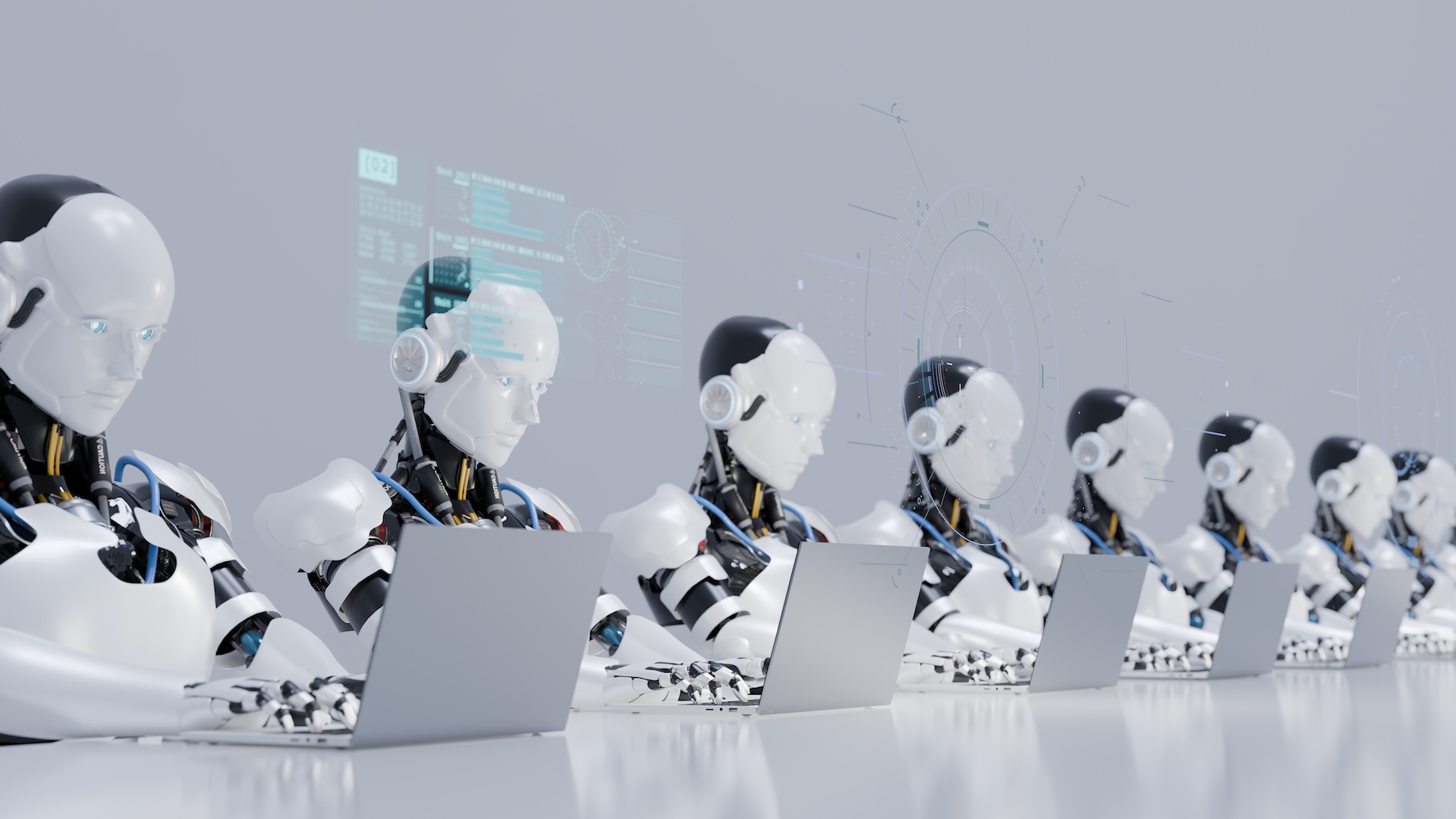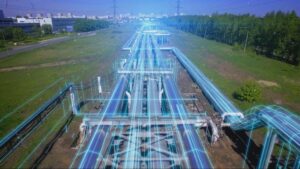AI’s Doubling Capability for Complex Tasks Every Few Months: Implications for Its Utilization

Measuring the Capabilities of Artificial Intelligence
Introduction to AI Performance Evaluation
Recent advancements in artificial intelligence (AI) have led scientists to develop new methods for assessing the capabilities of AI systems. While AI typically excels in specific tasks such as text prediction and data retrieval, its performance can vary significantly in more complex activities, like executive support roles, where it may lag behind human capabilities.
New Research Findings
A team of researchers has introduced an innovative approach to evaluate AI performance through the comparison of task completion times between AI systems and humans. Their research, published on March 30 in the preprint database arXiv, is still awaiting peer review. The researchers suggest that tracking the duration of tasks completed by AI versus the time taken by humans provides a more insightful understanding of AI capabilities.
They highlighted a key observation: while AI can successfully accomplish shorter tasks quickly, its effectiveness diminishes significantly as task duration increases. For instance, they found that AI models could complete tasks that take humans under four minutes nearly 100% of the time. However, this success rate plummeted to just 10% for tasks requiring more than four hours of work.
Task Complexity and AI Performance
The study examined various AI models, including the latest versions like GPT-4 and Claude 3 Opus, and older systems. They assessed the AI’s ability to handle a wide range of tasks, from simple queries—such as looking up information on Wikipedia—to intricate programming challenges that normally require expert input, like debugging code in PyTorch.
The researchers utilized tools such as HCAST and RE-Bench to test the AI’s performance. HCAST includes 189 tasks focused on machine learning and software engineering, while RE-Bench presents seven challenging, open-ended engineering tasks. These benchmarks were designed to measure AI agents’ capabilities against established human performance levels effectively.
Assessing Task "Messiness"
An interesting aspect of this research was the evaluation of task "messiness." Researchers categorized tasks based on their complexity and the need for real-time coordination among multiple activities. This classification reflects the nature of many real-world tasks that demand more than mere execution; they often require ongoing management and strategic oversight.
To gain a clearer picture of human task efficiency, the researchers designed software atomic actions (SWAA), which are one-step tasks timed from one to 30 seconds, recorded by METR employees. This allowed a comparative analysis between AI and human performance across various task lengths.
AI Progress and Future Predictions
The study revealed that AI systems are improving rapidly, particularly in their capability to handle longer tasks. Researchers noted an increase in the length of tasks that generalist AIs can execute reliably, which has been doubling approximately every seven months over the past six years. Extrapolating this trend suggests that AI might automate substantial elements of human software development by the year 2032.
A New Benchmark for AI Understanding
This fresh approach to assessing AI could establish a vital benchmark for understanding the intelligence and functional abilities of these systems. According to AI researcher Sohrob Kazerounian, while this metric might not alter the course of AI development, it serves as an excellent marker to track progress in various task types where AI can be applied.
Kazerounian emphasized the importance of measuring AI capabilities against human completion times, noting the complexities in determining true intelligence. This method captures key elements of AI’s ability to accomplish lengthy and complicated tasks much more effectively than traditional metrics focused on short, isolated problems.
Prospects for Generalist AI
The paper also underlines the rapid evolution of AI systems toward becoming generalist agents capable of managing different tasks. Eleanor Watson, an AI ethics engineer, predicted that within a few years, AI would be able to handle diverse tasks across entire days rather than just discrete assignments.
For businesses, this could mean a dramatic shift where AI manages significant portions of professional responsibilities, leading to enhanced efficiency. For consumers, AI could transition into more complex roles, acting as personal managers for varied tasks such as travel planning, health monitoring, and financial management.
The anticipated advancements in AI will not only reshape workplaces but also redefine how individuals interact with digital assistants in daily life, facilitating a new era of AI engagement and functionality.






